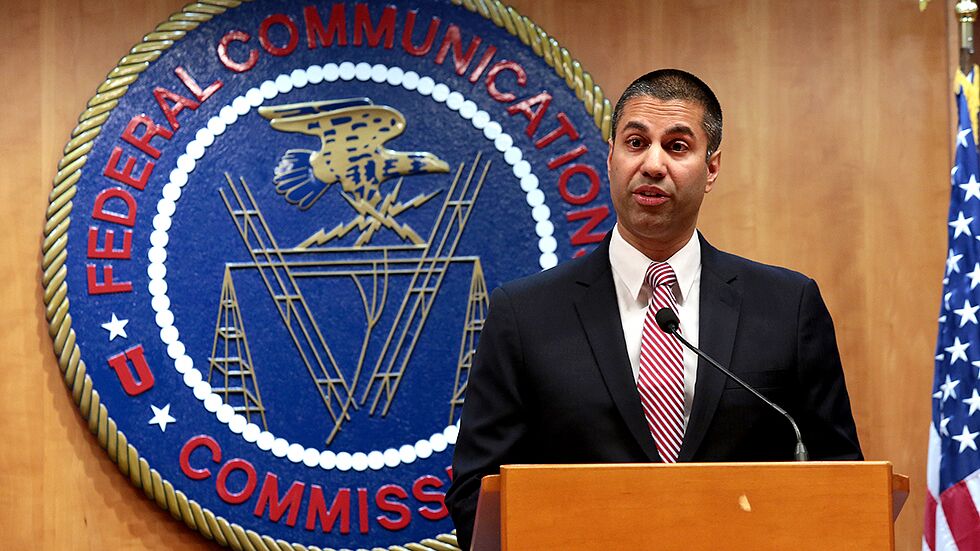An open letter to the writers of open letters
By Sharon Miki, Columnist
When I was nine years old, I used my allowance to buy six cupcakes from my school’s bake sale. It wasn’t really something that I was proud of, but it was my decision. It was my business, until my frenemy Brittany stood up in front of the class and loudly proclaimed that she was worried about me getting fat, because she had seen me purchase said cupcakes. She wouldn’t want me to be too chubby to play with her on the playground. At the time, I recall being embarrassed and seeing through Brittany’s feigned concern for me as a ploy to bring attention to her own superior eating habits and lean figure; she was using me as a vehicle for her own humble-bragging, and I didn’t like it. I feel these same feelings when I see the swarm of open letters penned by low-level celebrities to more famous pop icons, as in the recent series of open letters from Sinead O’Connor to Miley Cyrus. Is using the specific medium of an open letter really about genuine concern, or is it more about a ploy to garner viral attention for yourself?
An open letter is a letter targeted towards a specific individual, but is released to a wide audience. Historically, open letters were used as a way for a person to present a position on a topic or to disseminate a political message that might not otherwise be heard by the public. Martin Luther King, Jr., for example, wrote his “Letter from Birmingham Jail” as an open letter to spread his message of non-violent resistance to racism while he was imprisoned.
However, in our current social media-saturated culture, open letters have largely become a way for people to spread their opinions about someone through the veil of niceness and faux concern. While I fully support one’s right to express their opinions, I take issue with using the open letter medium to do so if it’s simply a way to capitalize on someone else’s fame while trying to make the writer seem nice.
For example, in the case of O’Connor’s open letters to Cyrus, I can’t fault O’Connor for having a view on the sexualization of Cyrus’s public image; however, I do feel that using an open letter in which she’s highly critical “in the spirit of motherliness and with love” taints her message with a condescending tone that makes her sincerity unreliable. Moreover, her open letter is filled with self-congratulatory anecdotes that come across more as self-affirmation than as a message to Cyrus: “The look I chose, I chose on purpose at a time when my record company were encouraging me to do what you have done. I felt I would rather be judged on my talent and not my looks. I am happy that I made that choice, not least because I do not find myself on the proverbial rag heap now that I am almost 47 yrs of age… which unfortunately many female artists who have based their image around their sexuality, end up on when they reach middle age.”
Sure, O’Connor can feel good about her choices as much as she wants, but using contrived concern over Cyrus to capitalize on Cyrus’ current fame is in poor taste. If the ostensible point of an open letter is to spread a message of significance when other means are not available then O’Connor’s missive misses the mark as it becomes more a pathetic attempt to grasp at the coattails of someone else’s relevance than a sincere letter of concern.
So, what’s the solution? If you find yourself desperately needing to tell someone how you feel, go ahead and write that letter. Just put an address on it instead of sending it out for the whole world to read.



